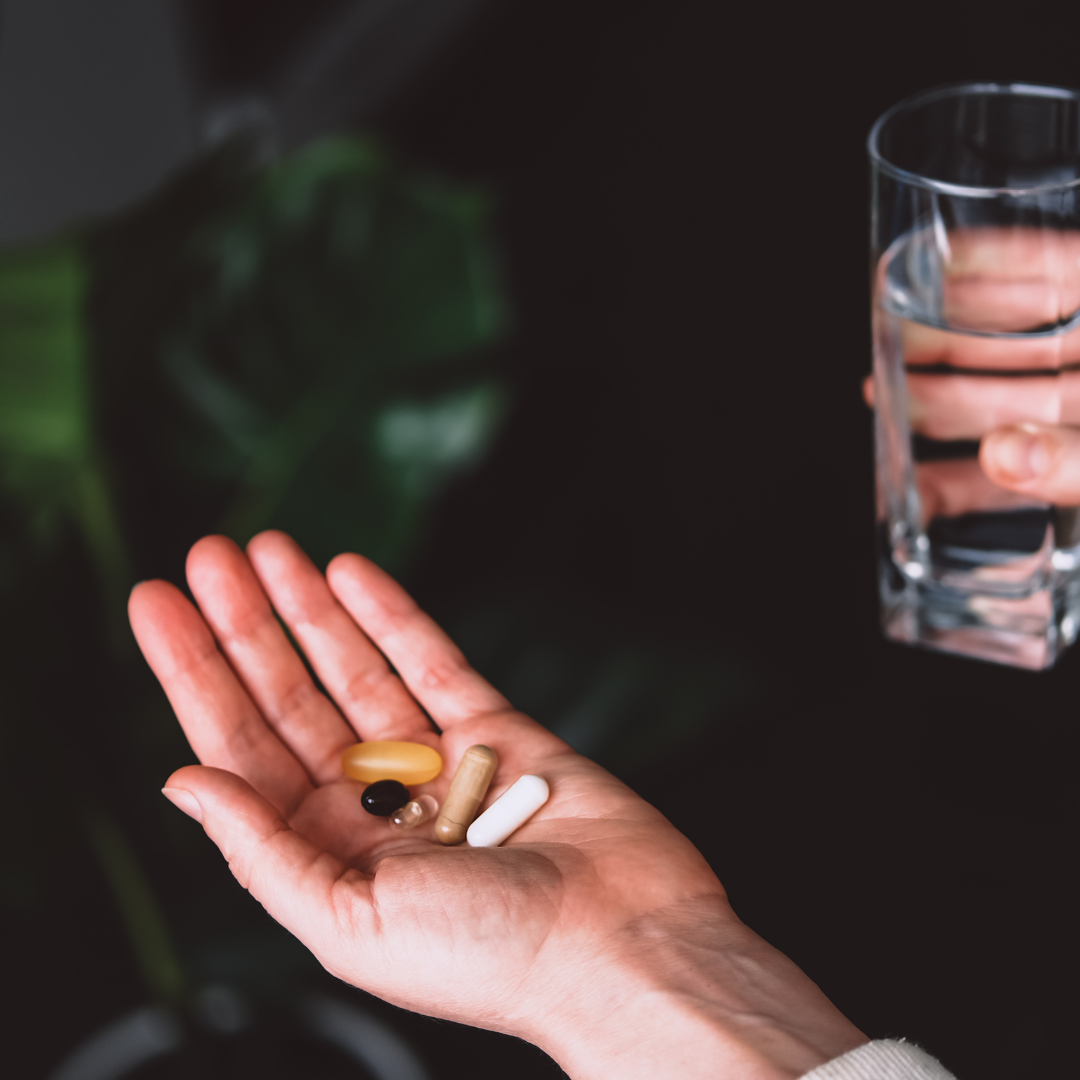You may have heard of various vitamins and minerals essential for your health, but what about amino acids? Amino acids are the building blocks of proteins, and one such amino acid that deserves more recognition is L-cysteine. In this blog post, we'll delve into what L-cysteine is, why it's crucial for your well-being, and how you can incorporate it into your diet.
What Is L-Cysteine?
L-cysteine is a semi-essential amino acid, meaning that while your body can produce it, there are situations in which dietary intake becomes essential. It is one of the 20 standard amino acids that are used in protein synthesis, making it a fundamental component of your body's structure and function.
Why Is L-Cysteine Important?
- Protein Building: As an amino acid, L-cysteine is a vital component in the creation and maintenance of proteins in your body. Proteins are essential for the structure and function of cells, tissues, and organs.
- Antioxidant Production: L-cysteine plays a central role in the synthesis of the antioxidant glutathione. Glutathione is your body's frontline defense against oxidative stress and damage caused by free radicals. It helps protect your cells from harm.
- Detoxification: L-cysteine is essential for detoxification processes in the body. It aids in the removal of toxins, heavy metals, and harmful substances, particularly in the liver. This is crucial for overall health and well-being.
- Collagen Synthesis: Healthy skin, hair, nails, and joints depend on collagen. L-cysteine contributes to the formation of collagen, supporting skin elasticity and wound healing.
- Respiratory Health: L-cysteine is used to make mucins, which are proteins found in mucus. Mucins help protect and lubricate the respiratory tract, making it easier for the body to clear mucus and maintain healthy airways.
- Immune Function: This amino acid is essential for antibody production, a critical part of the immune system's defense against infections and diseases. Ensuring you have enough L-cysteine can help your immune system function optimally.
How to Get L-Cysteine
- Diet: You can obtain L-cysteine from various dietary sources, primarily through high-protein foods. Good food sources of L-cysteine include poultry, eggs, dairy products, red meat, and some vegetables like garlic and onions. Additionally, foods rich in sulfur, such as broccoli and Brussels sprouts, indirectly contribute to L-cysteine production in the body.
- Supplements: L-cysteine supplements are available as well. However, it's essential to consult a healthcare professional before starting any supplementation.
From supporting protein synthesis to aiding in antioxidant production, detoxification, and immune function, L-cysteine plays a multifaceted role in your well-being. By understanding the significance of L-cysteine, you can make informed choices that promote your overall health and vitality.


